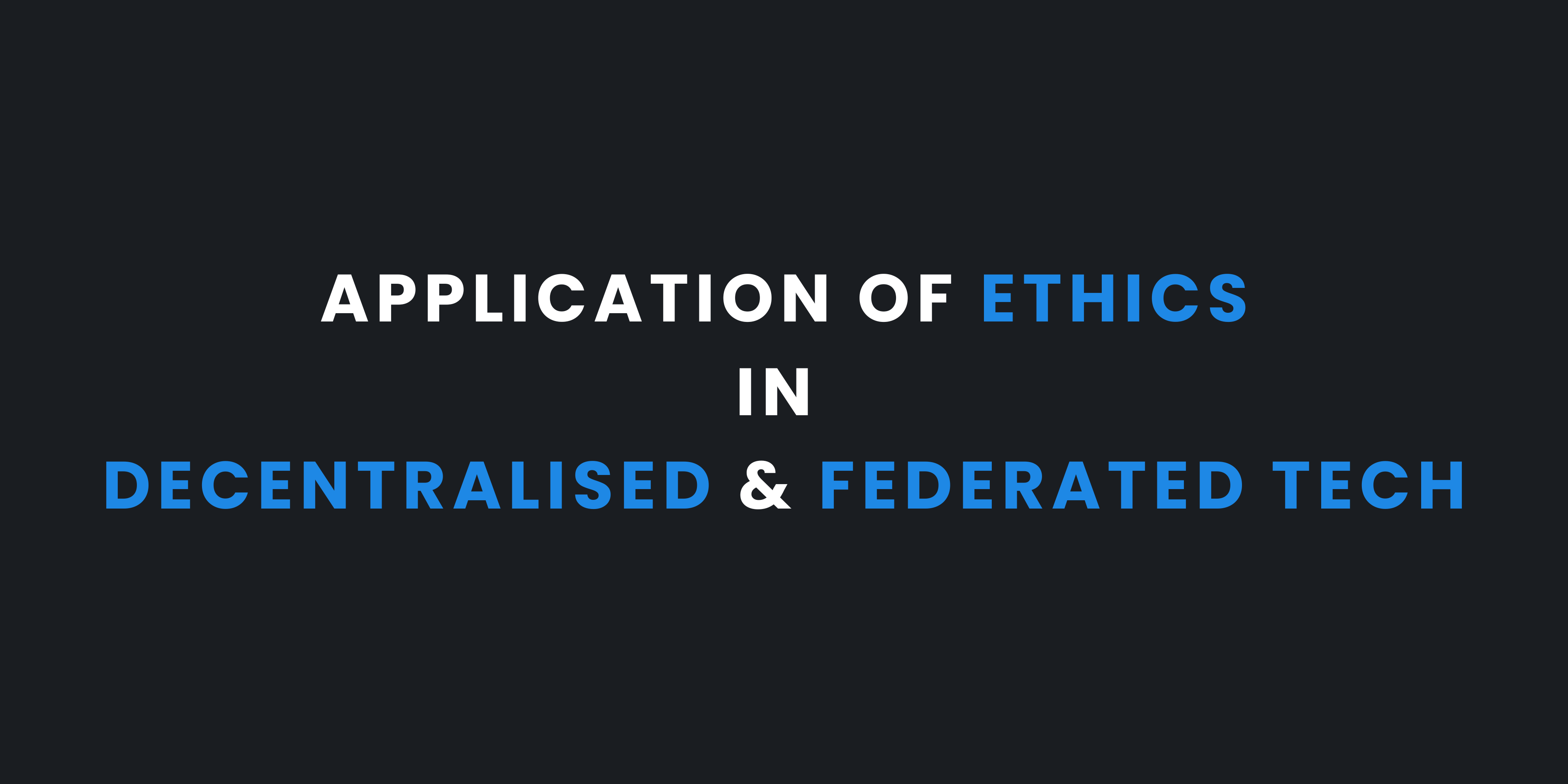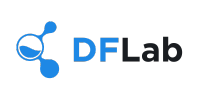
In our previous blog post, we gazed into advanced ethical considerations in data privacy technology, exploring principles such as contextual integrity, informed consent, and the importance of user education. As we advance into the realm of decentralised and federated technology, these ethical considerations become even more critical, providing a robust framework for empowering users with unprecedented control and data privacy over their data.
Decentralised and federated technology offer a promising shift away from centralised data control, empowering individuals and enhancing data privacy. Understanding how ethical principles are integrated into these technologies helps ensure they serve humanity’s best interests, protecting autonomy, data privacy, and trust.
Key Summary
- Decentralised technology distributes data across multiple nodes, enhancing data privacy and autonomy but introducing new challenges.
- Federated technology stores data locally while coordinating across devices, balancing data privacy with central coordination.
- Core ethical principles are user control, data privacy, transparency, security, and equity.
- Real-world applications include federated learning in healthcare, DeFi platforms, federated machine learning, decentralised energy management, and supply chain traceability.
- Prioritising ethics ensures these technologies enhance data privacy, transparency, control, and equity, creating trust.
What is Decentralised Technology?
Decentralised technology, including blockchain and peer-to-peer networks, which distributes data across multiple nodes in the network, eliminates the need for a central authority. This shift fundamentally enhances user autonomy and data privacy.
However, often, decentralised systems introduce a paradox as they distribute data across unknown third-party devices and storage participants in the network.
So, federated technology is introduced to reinforce the system.
So, What in Federated Technology Then?
Federated technology, on the other hand, enables federated data management, allowing data to be stored locally on user devices while enabling coordinated actions across multiple devices or nodes. This approach balances the benefits of central coordination with the data privacy advantages of decentralisation.
Before taking a look into how ethics is applied in these technologies, it’s important to establish the core principles of ethical technology.
The Core Principles of Ethical Technology
- Users should have control over their data and the decisions over the usage of their data.
- Safeguarding personal data against unauthorised access and ensuring confidentiality.
- Clear and open communication about how data is collected, used, and shared.
- Implementing robust measures to protect data from breaches and malicious attacks.
- Ensuring technology access and benefits are distributed fairly across society.
How It’s Being Applied in the Real World
The real-world applications of decentralised and federated technology span various industries, showcasing how these technologies can transform our digital interactions while adhering to ethical principles.
Healthcare: Federated Learning for Patient Privacy
Federated learning is used to enable collaborative medical research across multiple hospitals without sharing patient data. Institutions like the University of Pennsylvania have pioneered federated learning frameworks to improve brain tumour detection algorithms while preserving patient data privacy.
Factors of Ethical Application
- Patient data remains on local hospital servers, ensuring that sensitive information is not exposed or centralised. This application of federated learning respects patient confidentiality and complies with relevant health and data privacy regulations.
- Patients are informed about how their data contributes to improving medical algorithms and can opt-in or opt-out, maintaining their autonomy over personal health information.
- Regular transparency reports are provided to patients and stakeholders, detailing how the federated learning process is conducted and the benefits it yields.
Finance: Decentralised Finance (DeFi) Platforms
DeFi platforms like Aave and Compound provide decentralised financial services such as lending and borrowing without traditional banking intermediaries. These platforms leverage blockchain technology to facilitate transparent and secure financial transactions.
Factors of Ethical Application
- Users have complete control over their assets, reducing reliance on central financial institutions and increasing financial autonomy.
- All transactions are recorded on a public blockchain, allowing users to audit and verify the operations of these platforms. This transparency builds trust and ensures accountability.
- Smart contracts, which are self-executing contracts with the terms directly written into code, are used to ensure secure and tamper-proof transactions.
Machine Learning: Collaborative Federated Learning
Google’s Gboard uses federated learning to improve typing predictions and suggestions without sending individual user data to central servers. Instead, the model is trained locally on users’ devices, and only aggregated updates are sent back to improve the overall system.
Factors of Ethical Application
- By keeping personal data on individual devices, Gboard minimises the risk of data breaches and enhances user data privacy.
- Google provides clear information about how federated learning is implemented and how it benefits users, ensuring that users understand and trust the process.
- Users are informed about the data practices involved and can choose to opt-out if they prefer not to participate in federated learning.
Smart Cities: Decentralised Energy Management
The Brooklyn Microgrid uses blockchain technology to enable residents to buy and sell solar energy directly from each other. This decentralised approach promotes local energy production and consumption.
Factors of Ethical Application
- Residents have control over their energy sources and consumption, promoting energy autonomy and sustainability.
- The use of blockchain ensures transparent transactions, allowing all participants to see the flow of energy and payments within the community.
- The microgrid model can be extended to under-served areas, providing equitable access to renewable energy and reducing reliance on large, centralised utility companies.
Supply Chain: Traceability and Fair Trade
Provenance uses blockchain technology to provide traceability in the supply chain, ensuring that products are ethically sourced and produced. This system is used in industries like food and fashion to verify the origins and journey of products.
Factors of Ethical Application
- Consumers can access detailed information about the supply chain of the products they purchase, ensuring that they are ethically sourced and produced.
- Blockchain’s immutable ledger holds companies accountable for their supply chain practices, reducing the risk of unethical practices such as child labour or environmental damage.
- Providing transparency builds consumer trust and encourages ethical consumption, promoting sustainability and fair trade.
Conclusion
The application of ethics in decentralised and federated technologies is not just theoretical but actively practised across various industries. By prioritising data privacy, transparency, user control, and equity, these technologies offer tangible solutions to ethical challenges.
As these technologies continue to develop, ongoing commitment to these ethical principles will ensure they serve the greater good and create a more equitable and trustworthy world.
